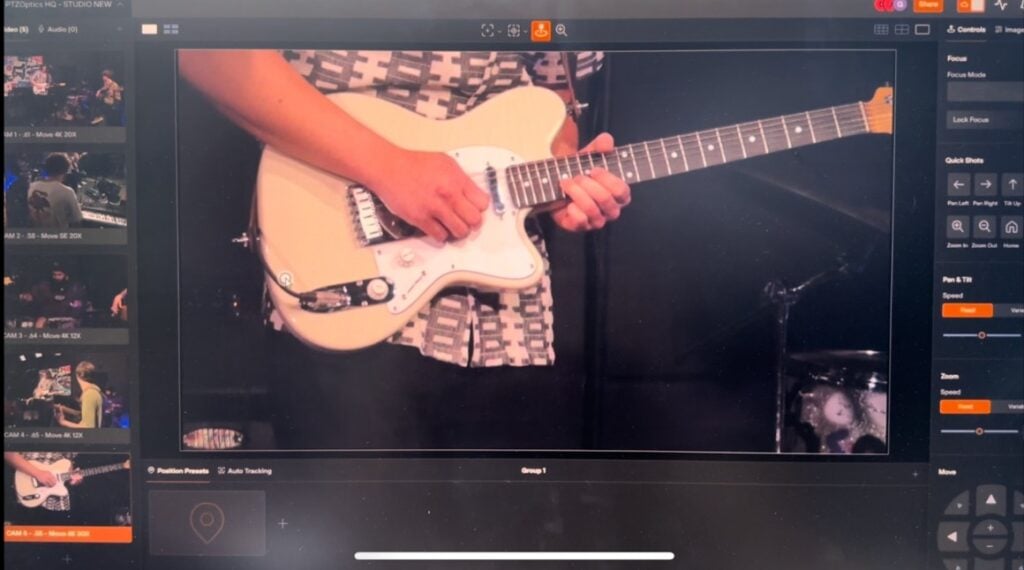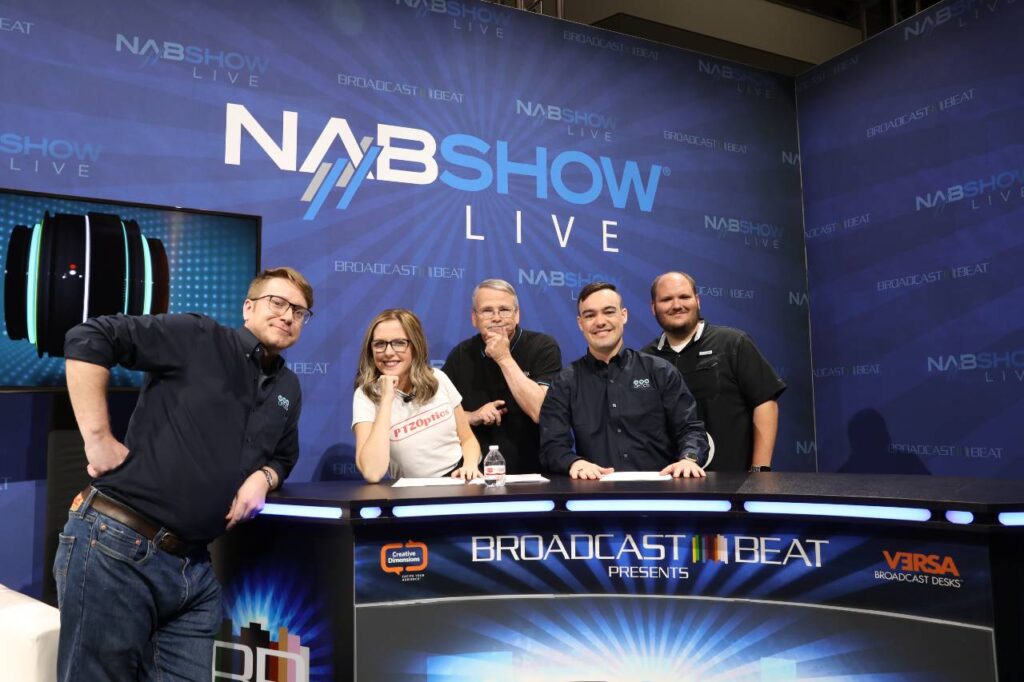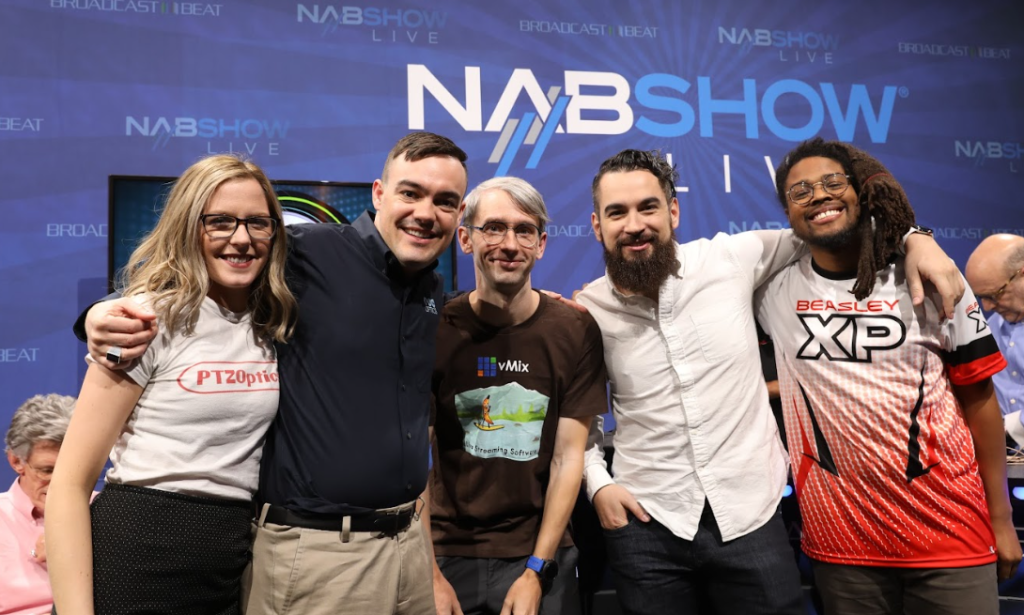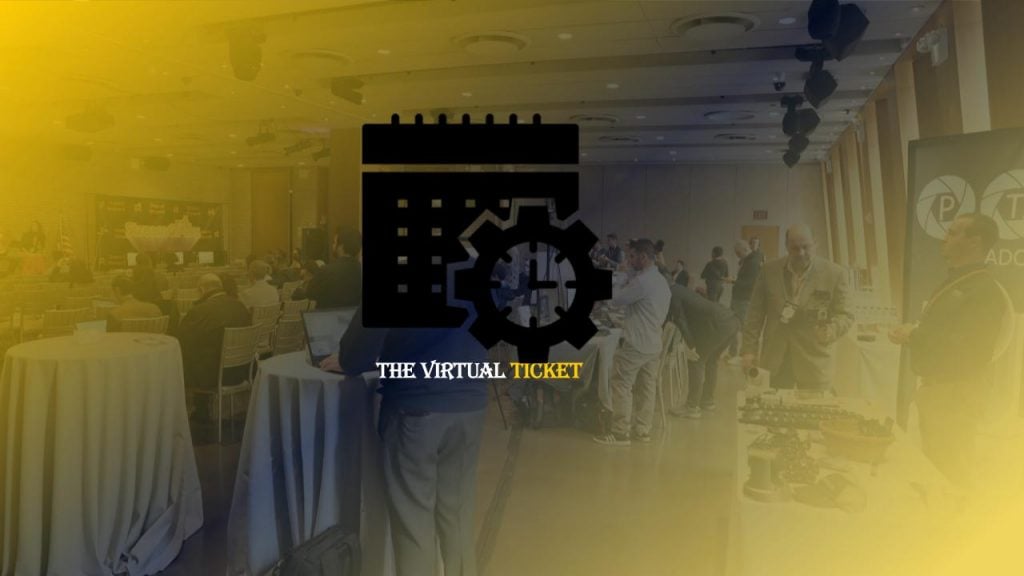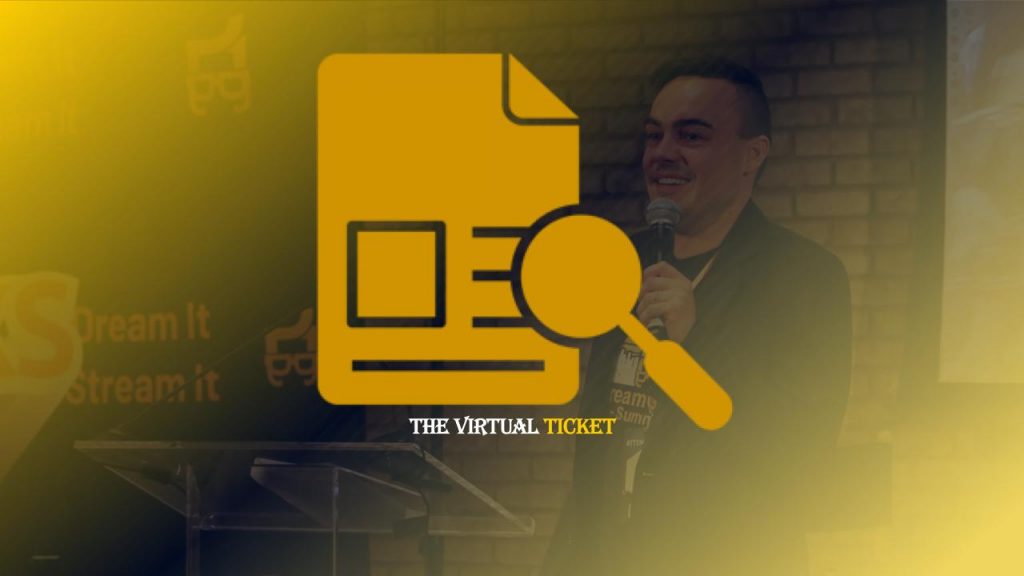Technology for Private Live Streaming
Written by Paul Richards on March 20, 2020
Virtual tickets can be sold through almost any event ticketing platform. As an event planner, you know the value of a ticket sold is only as good as the event that you host and deliver. In order to deliver a live event experience to online viewers, you must live stream your event in a way that engages viewers’ senses. Today, you can live stream directly from a smartphone to social media networks like Facebook and YouTube. Depending on the ticket price and the value you are attempting to deliver, properly transporting audiences into your event may take an experienced video production team and a thoughtful plan of delivery.
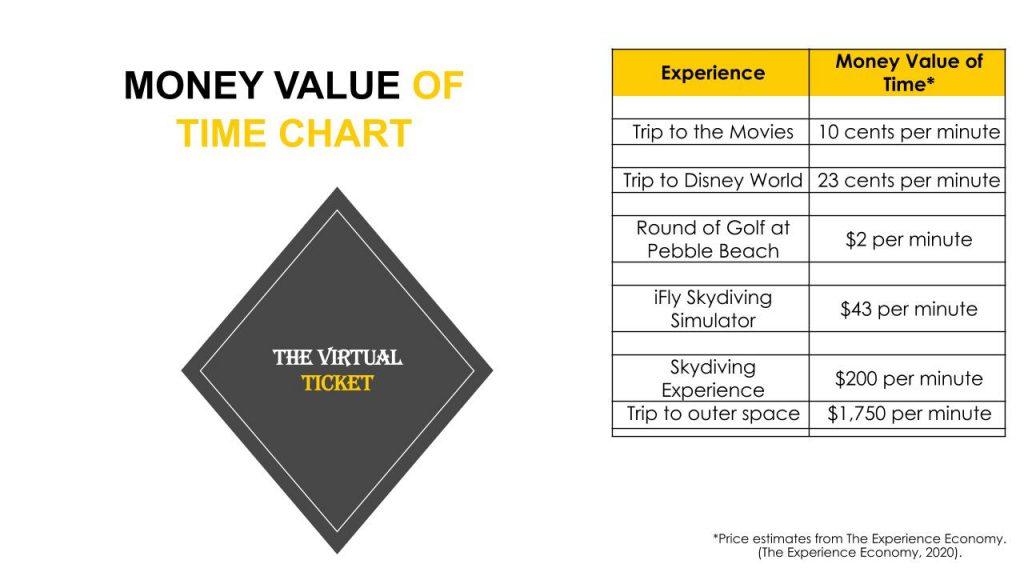
Positioning Your Virtual Ticket
Positioning Your Virtual Ticket Experience
Virtual ticket holder expectations will continue to rise over time. Consumers value the experience of “time well spent” in relation to other experiences they consider normal. The Experience Economy calls this valuation the “money value of time,” which is generally broken down into dollars per minute. For example, most consumers in the United States are used to paying on average $12 for a two-hour experience at the movies. This is a simple baseline for how much consumers are willing to pay for an action-packed Hollywood experience. At $6 per hour, moviegoers are paying on average 10 cents per minute. This experience can be compared to a trip to Disney World which averages out to 23 cents per minute for a vacation. Here is a list of experiences your event may be able to compare with.
Experience |
Money Value of Time* |
| Trip to the Movies | 10 cents per minute |
| Trip to Disney World | 23 cents per minute |
| Round of Golf at Pebble Beach | $2 per minute |
| iFly Skydiving Simulator | $43 per minute |
| Skydiving Experience | $200 per minute |
| Trip to outer space | $1,750 per minute |
*Price estimates from The Experience Economy. (Pine, 2020).
A careful consideration of the value you are attempting to deliver will help you determine a price for your virtual tickets. Once you have determined the price, you can start planning your live stream much like the event itself. Now it’s time to consider the high-level workflow for delivering your event to an online audience. A paywall is a service provided by a premium CDN (content delivery network) that manages who can gain access to your private live stream. If you have paying customers, you only want those customers to be able to access the premium experience that they have paid for. This is what the paywall service does for you by managing your list of paying customers and gating access for attendees who still need to purchase tickets.
What is a Paywall?
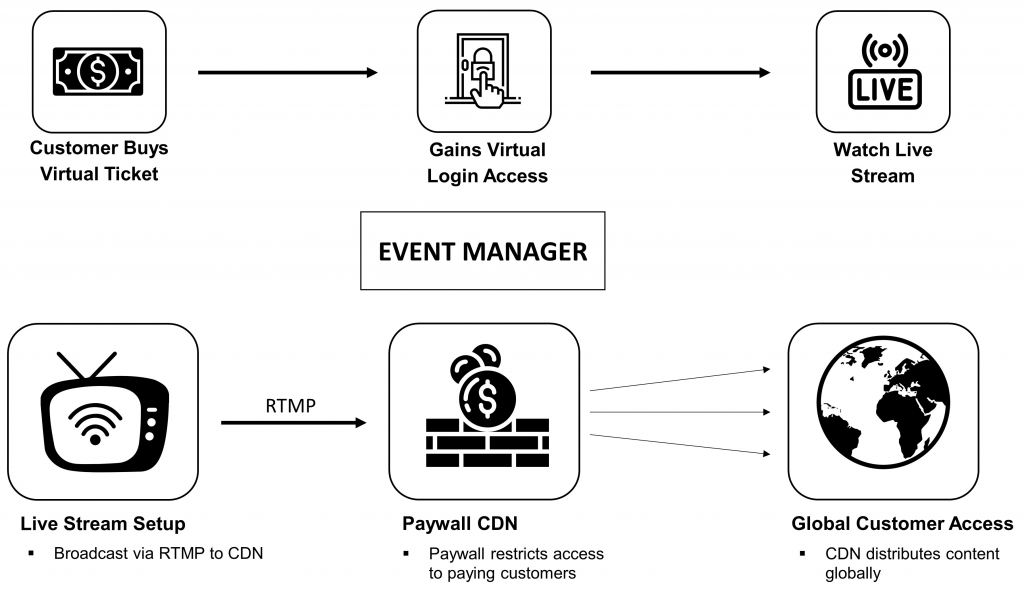
Private Live Streaming Process
Paywalls are becoming more and more commonplace as the internet has become a global marketplace for premium digital content. Influencers have become one of the most successful groups online to take advantage of paywalls. There are many ways to monetize access to your premium content and watching the trends set by online Instagram influencers’ may actually garner interesting business strategies for the modern event planner. Vogue Business writer Kati Chitrakorn recently studied influencer’s use of paywalls writing “Influencers with big followings on Instagram and other platforms are starting to put up ‘paywalls’ by charging fans for exclusive content. Some charge a monthly fee to become a ‘Close Friend’ on Instagram, while others are trialing WeChat’s new paywalls. In effect, content quality is becoming a focus. While these payments add another revenue stream for influencers, analysts say brand partnerships will remain as a source of credibility” (VogueBusiness, 2020). Supporting an Instagram influencer may be a good experience for you if you are planning on selling virtual tickets. It’s an easy way to put yourself in the shoes of the buyer and see if you get any value from the Instagram influencer of your choice.
Common Paid Virtual Experiences
Patreon as a Paywall
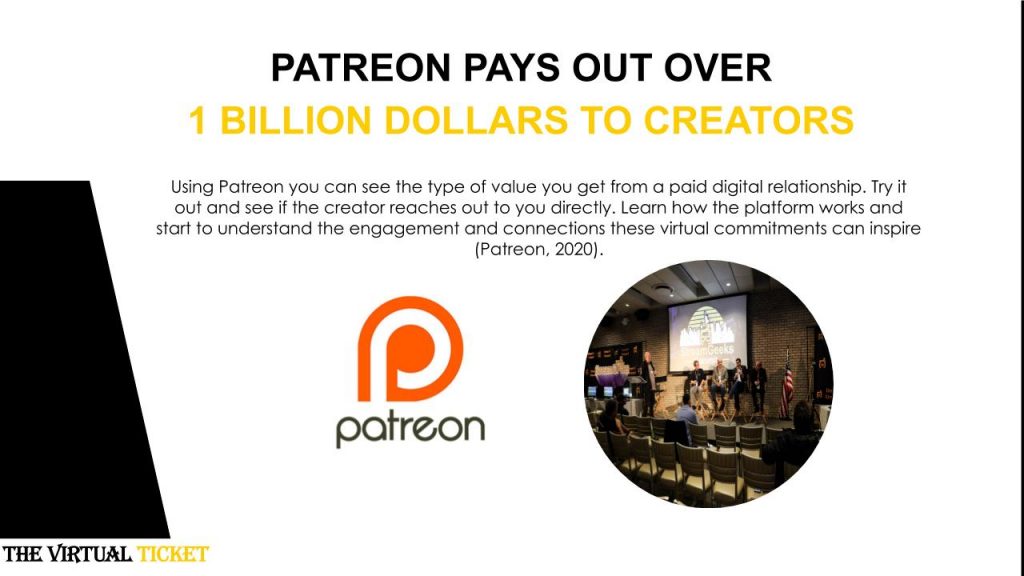
Patreon as a Paywall
Over 100,000 influencers worldwide are currently using a platform called Patreon which offers tiered premium content subscriptions for fans. Since it’s start, Patreon has paid out over $1 billion dollars to creators such as musicians, podcasters, visual artists, writers, gamers, non-profits, and educators. Patreon offers a subscription model that provides customers access to premium content. Consider searching through Patreon and finding a creator that sparks your interest. You can commit to supporting a creator starting at only $1 per month. Using Patreon you can see the type of value you get from a paid digital relationship. Try it out and see if the creator reaches out to you directly. Learn how the platform works and start to understand the engagement and connections these virtual commitments can inspire (Patreon, 2020).
Vimeo as a Paywall
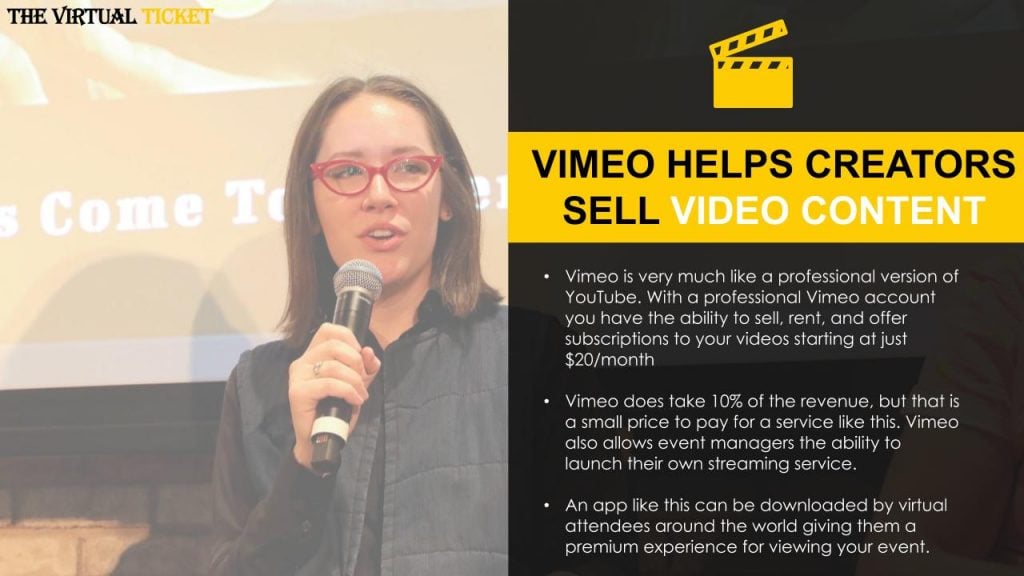
Vimeo as a Paywall
After supporting your first Patreon, it’s time to head over to Vimeo to see how professional video creators are monetizing their content. Vimeo is very much like a professional version of YouTube. With a professional Vimeo account, you can sell, rent, and offer subscriptions to your videos starting at just $20/month. Vimeo does take 10% of the revenue, but that is a small price to pay for a service like this. Vimeo also allows event managers the ability to launch their own streaming service. The Vimeo streaming service includes an option to have a custom branded app for your event starting at only $500 (as of March 2020). An app like this can be downloaded by virtual attendees around the world giving them a premium experience for viewing your event.
Udemy as a Paywall
Later, in the book, you will see comparisons between Vimeo and other premium live streaming services. For now, familiarize yourself with the way premium content creators are marketing and selling their videos online. Try purchasing a premium video. Experience the process and imagine a list of videos from your next event hosted online in this way. How many videos would you have? How much would you charge? The 2019 StreamGeeks Summit hosted on-demand videos on an online education site called Udemy. While you have less control over your content on Udemy, it was a better fit for that project. If your event is about education, consider an online learning site like Udemy which has an engaged online audience looking for educational content. Vimeo is great for all types of content, and it has an easy upgrade path for live streaming as well.
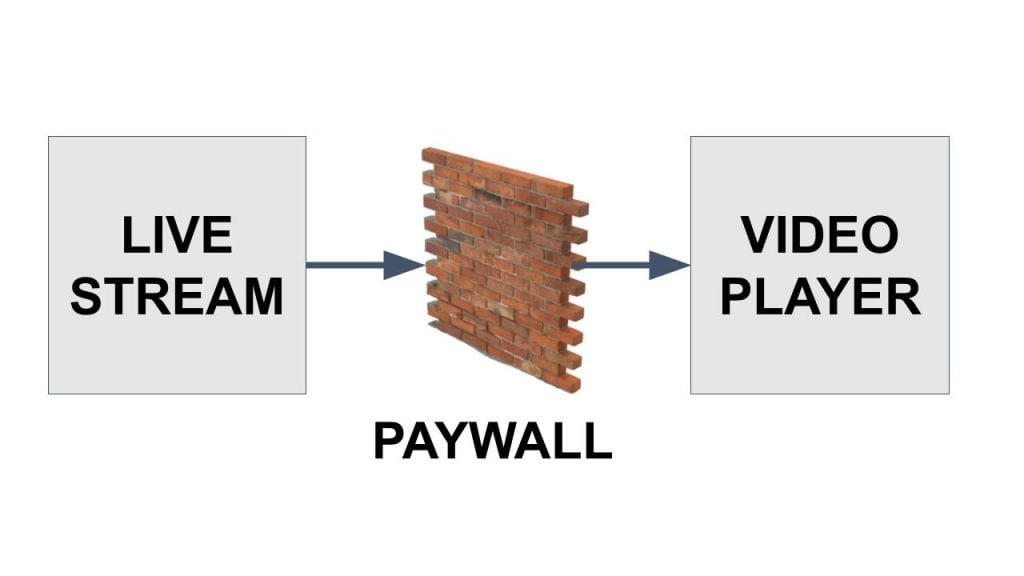
Using a Paywall to Live Stream
Private Facebook Groups as a Paywall
Now it’s time to join a private Facebook group. Starting in 2019, Facebook has been marketing its groups feature to bring together like-minded individuals on the platform. You can start by looking for groups that may be interested in your event. Or you could perhaps choose a group dedicated to a personal interest or hobby of your own. The point of this exercise is to learn how niche online group communities form and interact. Notice how the group moderators lay down the rules and maintain order. See how the dedicated group news feed allows you to find specific group content. Perhaps most importantly, see how quickly information from the group starts to spread into your organic Facebook newsfeed.
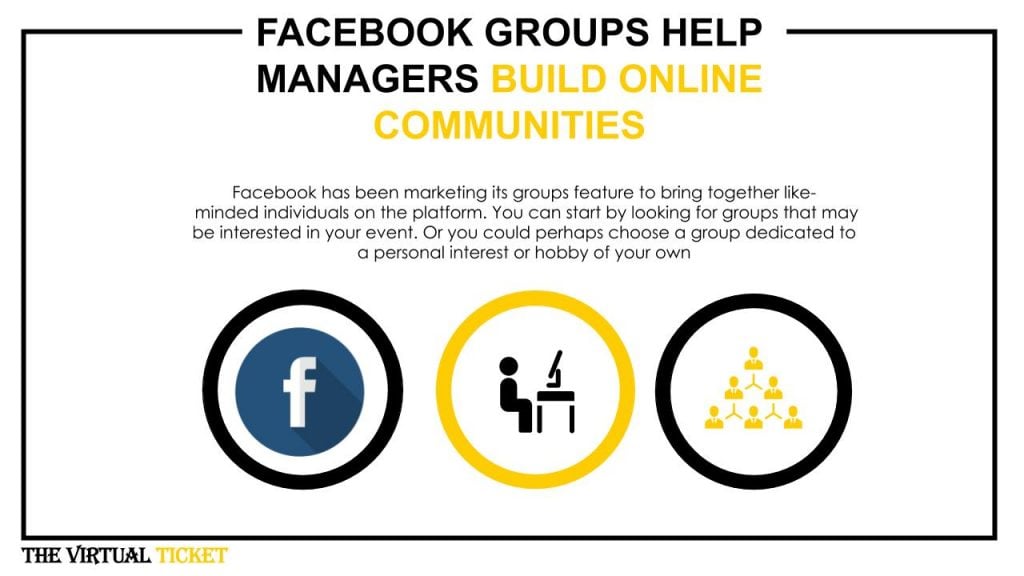
Private Facebook Group Live Streaming
Now you might be thinking, what does a private Facebook group have to do with selling virtual tickets? First, Facebook groups are an amazing social experiment that can help you understand how online communities work. When you host an exclusive live stream for a group of people online, your goal should be to create an engaging experience for individuals and the community. One of the most important parts of the online experience is the community that participates with the event live in the moment. Online communities today can be very strong and close-knit. When social media works best, people can forge new relationships that span the globe and make them feel more connected.
If you want to understand online community building, there is no substitute for joining an online community and making friends online. Start by commenting on something that is interesting to you. Perhaps you would like to share an article you read online or a silly comment about your day. Just like real in-person relationships, it will take time to learn the names of people you relate to. Many online communities are groups of friends, co-workers, and peers who meet up only occasionally. For the rest of the year, members of online communities can stay in contact online maintaining relationships that may have otherwise faded away.
Starting your own Facebook group could serve as an extension for your event where relationships can continue to grow online. Did you know that you can live stream directly to a Facebook group? Some savvy Facebook group moderators will have a large group for a specific topic and a premium paid group for their subscribers. Some influencers will even use services like Patreon as their paywall and only allow paying subscribers into their premium Facebook group. In this way, you can create a paywall system that includes 100% free live streaming to group members. Most premium paywalls charge event planners for the bandwidth used by viewers.
Facebook’s free live streaming services
Depending on your service provider, the free Facebook option could save your event thousands of dollars in streaming fees. In any case, your premium group members will gain a community group area where in-person and online virtual ticket holders can network after your event. Once the event is over, you can start a new group for the next version of your event keeping the old group in place for networking purposes. In this way, you can create alumni style groups of people who have all shared an experience virtually or in-person at your event.
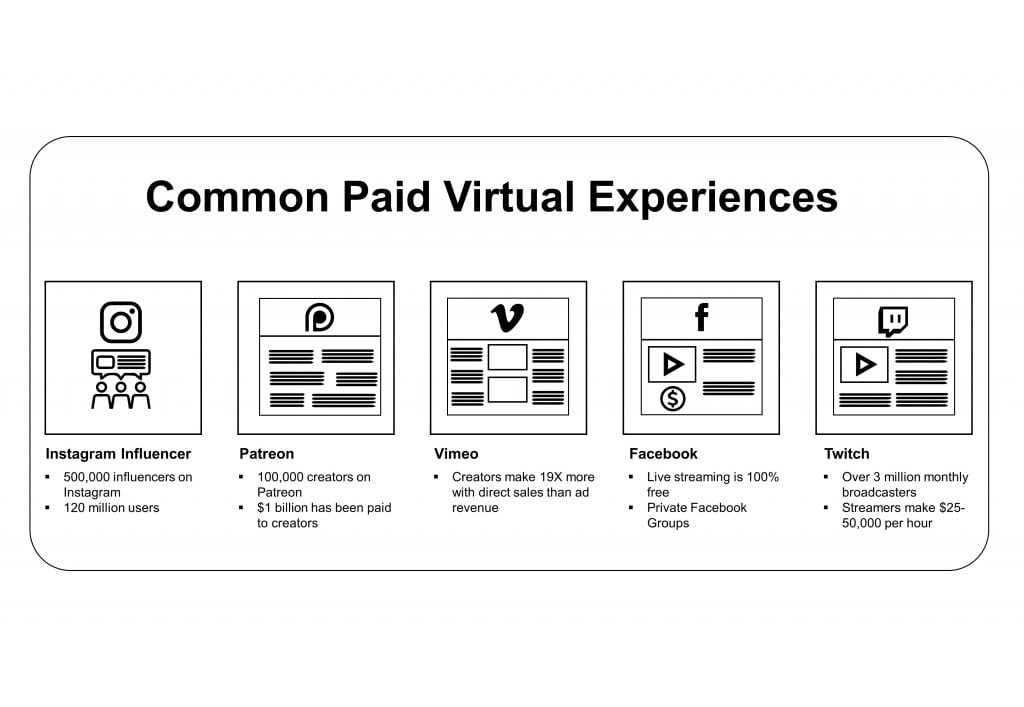
commonly paid for virtual experiences
Setting up your virtual ticket
Regardless of how you decide to set up your virtual ticket sales and content delivery, your focus should be on managing expectations. That is why this book has a focus on the planning of your virtual ticket sales and strategies for delivering the highest value virtual experiences. When it comes to delivering high-value live engaging content, you don’t have to go too far to find examples. Look for influencers in your space, be it corporate, entertainment, music, or training. Yes, you need to deliver an amazing experience in order to charge for virtual tickets. But the online tools surrounding social media, event planning, video production, and live streaming are at your disposal to create revenue streams that can take your event to new heights.
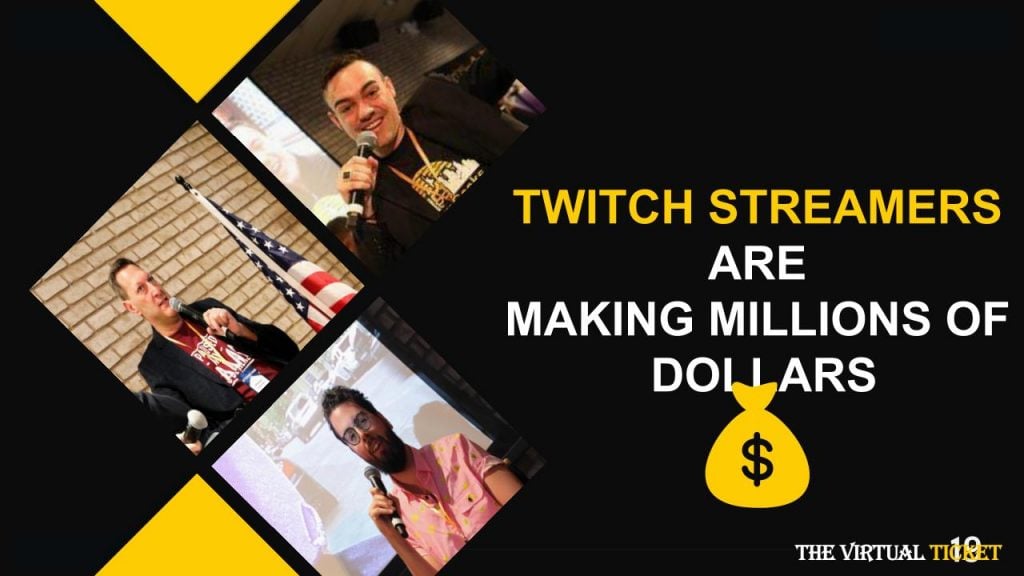
Twitch Streaming Monetization
Twitch as a monetized streaming platform
The good news is that you are already planning an event and much of the excitement driving marketing work is already generating the buzz you need to cultivate virtual ticket demand. Promoting an event is nothing new for event managers. What is new is translating the best parts of the event into an online experience. This takes you to the final social media experiment you need to partake in before planning a virtual ticket experience. It’s time to check out Twitch.tv. Even if you aren’t a big fan of online video gaming, it’s worth watching some live streams on Twitch. Twitch is the leading online live streaming website for gamers. Millions of viewers tune in every day to watch their favorite creators and engage with the online communities that they are a part of. This is where you can purchase your first set of virtual currency that you can use to pay creators. Twitch calls its virtual currency “bits” and they can be used to effectively tip creators for their content.
Start by searching through Twitch and finding a creator you think is interesting. Once you have logged in you can join a chat room and engage in a unique live stream experience. When you feel compelled, take out your wallet and buy $10 worth of bits (1,000 bits). Depending on how impressed you are with the content, type in your custom message into the chatroom and include a couple hundred bits. Think about what you just did. You just bought a virtual experience. You just paid for the experience of virtually tipping a content creator and possibly getting live recognition for your contribution. Hopefully, the creator will respond in real-time thanking you for the donation.
Summary
Take note of how this experience makes you feel. Simply being recognized by someone else in real-time in front of an audience. Now you are starting to understand the power of live streaming and audience engagement. You can learn a lot about live viewer engagement from Twitch streamers. There are thousands of streamers on Twitch who make a living through a mixture of paid subscribers and online donations. The more interactive and engaging the live content is, the more money these Twitch streamers will generally make.
Congratulations. You have now supported an Instagram influencer, become a Patreon, joined a private Facebook group and dropped some virtual bits into a Twitch stream. Let these experiences start to sink in as you plan out the virtual ticket experience for your next event. Continue to have new experiences with online communities and focus on the moments that you feel most engaged and entertained. This is the feeling you will be striving to recreate with your next virtual ticket experience.
Learn more on Monetizing Live Streaming
- Get your free copy of the Virtual Ticket here.
- Take an online course on hosting private live streams here.
- Learn what virtual tickets mean for the events industry here.
- How to monetize your next live event - here
- How to accept donations on your Facebook and YouTube live streams - here
- Selling Event Virtual Tickets and Private Live Streams - here
- Viewer Statistics for live streaming – here
- Here’s why Twitch is such a BIG opportunity for live streamers - here
- Did you know your town may have a Business Improvement District? They may help your set up a live stream! More here
- Selling Virtual Tickets with Event Planner Derral Eves - more here
- Learn about three events that are already selling virtual tickets here.
- A look at the technology needed to host private live streams here.
- A look at planning a virtual event here.
- Review your virtual ticket pricing strategy here.
- Preparing your event for live streaming here.
- Learn how to build your event live streaming team here.
